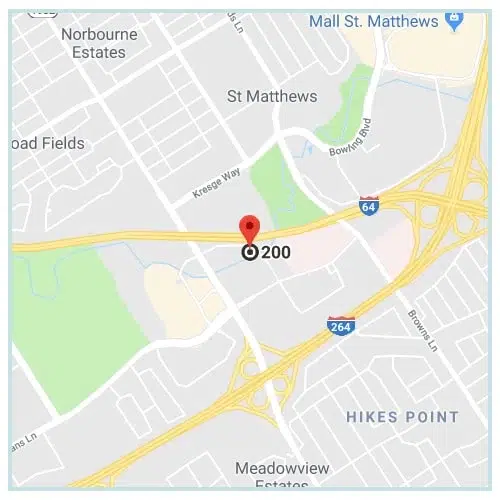Qualified Income Trust (QIT)
What Is A QIT Or Qualified Income Trust?
A qualified income trust, or QIT, is a trust that Medicaid requires if a Medicaid applicant has a monthly gross income of more than three times the SSI poverty limit, Medicaid will deny the resident’s application for benefits. For 2023, this figure is $2,742. It is adjusted each January.
Medicaid knows that an income of that amount is really not enough to pay for long-term care. Therefore, Medicaid permits the QIT process to get around this problem.
At Kentucky ElderLaw, PLLC, we prepare qualified income trusts, also known as Miller Trusts, for our clients. They must be prepared properly to comply with federal and state law. We prepare legally sound trusts to help you obtain the Medicaid coverage you need.
Understanding The QIT Process
Once the QIT is signed, a QIT account is set up at a bank. Income deposited into this trust account is considered not to have been received by the nursing home resident, making the resident Medicaid-eligible. Therefore, at least all income over $2,313 per month must be deposited into the QIT account.
For a Medicaid recipient in the nursing home, the money in the QIT needs to be paid to the nursing home each month, along with most of the rest of the resident’s income, before Medicaid will pay the additional money needed to cover the monthly cost of care. There are some exceptions to this, for instance for health insurance premiums and a community spouse income allowance. Our experienced attorneys can educate you about what gets paid from the QIT.
At death, any money remaining in the QIT account, which should be almost nothing in most cases, must be paid to the state.
Ask An Attorney About A QIT In A Free Consultation
Schedule a free consultation with a lawyer from Kentucky ElderLaw, PLLC, to discuss how a QIT can help you. You can reach our Louisville office at 502-581-1111, our Bowling Green office at 270-467-0002 or our Shepherdsville office at 502-955-1005. You can also send our office an email.



